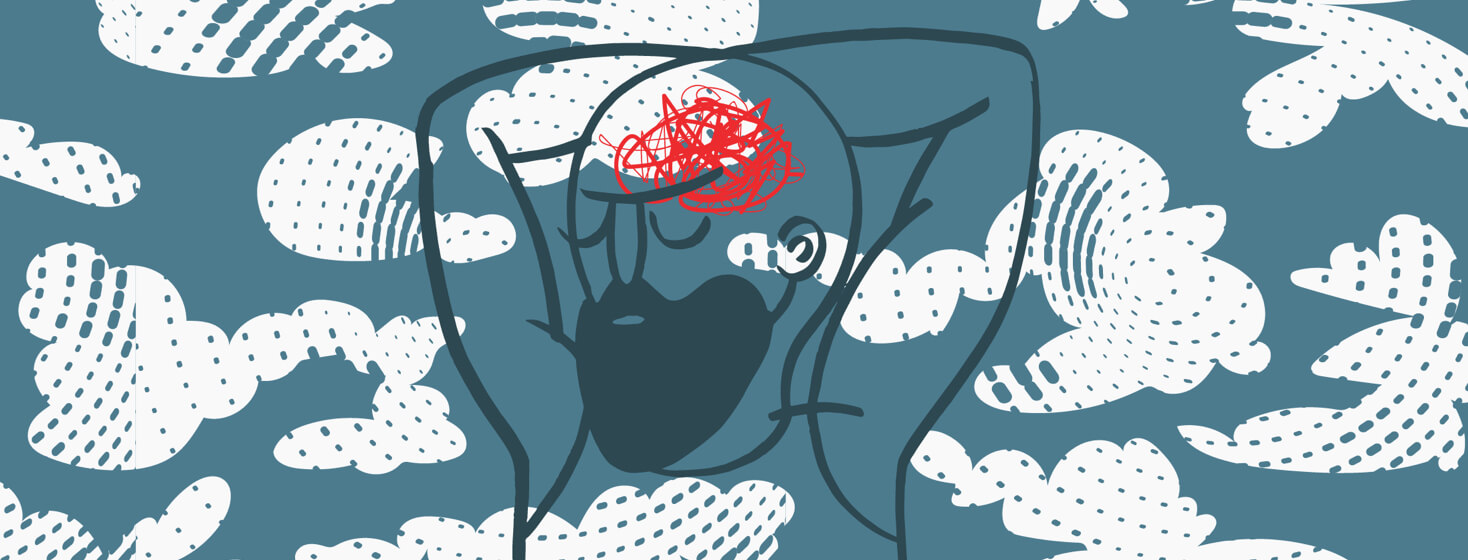RLS and the Stress Experience
One restless legs syndrome (RLS) trigger I have seen mentioned a lot is stress. Certainly, stress, worry, and anxiety at night make me have a lot more insomnia. They make me focus far more on my RLS symptoms. That focus makes the RLS symptoms worse. I get less sleep, and I definitely will report far worse sleep quality and quantity.
Stress isn’t a cause of RLS, but it can certainly be a contributor. But even as a trigger or aggravation, stress is a pretty subjective experience. Whether we have positive stress (eustress) or negative stress (destress) our body can’t tell the difference. It is all about how we mentally and emotionally interpret that experience.
Consequences of negative stress
When we have a sleep disorder, we are very familiar with some of the consequences of stress like:
- Insomnia
- Headache
- Fatigue
- Anxiety
- Depression
- Problems with focusing
- Lack of motivation
- Restlessness
- Irritability
- Feeling overwhelmed
It reminds me of some of the issues we can have with insomnia and sleep deprivation over time. Unfortunately, not being able to sleep at night with persistent RLS symptoms is stressful, and that is a negative stress experience, because we are often thinking about how much sleep we are not getting.
This can make us worry and get anxious. We can think about how horrible the next day will be because of the lack of sleep. It can lead to negative thoughts and negative emotions.
Getting stuck in a vicious cycle
Stress can lead to worsening insomnia and less sleep. Less sleep can lead to worsening RLS symptoms. Worsening RLS symptoms can lead to more stress and less sleep. And it can get to be a really bad problem if we do not manage our sleep, stress, and RLS symptoms.
We try to focus on managing ways to manage sleep, and we all focus on ways to manage our RLS. I also try to focus on managing negative stress factors, especially in the evening and night – a sort of winding-down ritual.
Things to consider to help with de-stressing
We all have ways to de-stress during the day, but there are certain things I like to do in the evening and before bed to de-stress. Some are to wind down, and others are to manage the onset of RLS symptoms:
- Nightly meditation
- Relaxation breathing in bed
- Body relaxation methods when symptoms start
- Stretches before bed
I have to remind myself at night that these methods are a way to direct myself to relax rather than my usual reaction to negative stress. My usual reaction to negative stress tends to be a whole lot of overthinking and focusing on the intensity of my symptoms.
I'm not saying these methods work all the time. I definitely do need my medication for intense RLS symptoms. However, I have noticed that if I am consistent, they can really help me get into a relaxed state that can help me get into a better state to sleep — or, at the very least, help me not focus as much on the RLS symptoms when they are not severe.
Ways I redirect my focus
It is difficult because "restless" is part of RLS. It is extremely difficult to distract from that, which is why we feel that insane pressure to move. I have learned ways to meditate with chronic pain, though, where it is not so much ignoring sensations but acknowledging the sensations. It is focusing mindfully on breath and acknowledging thoughts and sensations that occur as I do.
Another form of meditation I have learned through chronic pain is breathing through the pain. This one is more breathing with the sensation and accepting the flow of it. It replaces the frantic need for movement. It allows for muscle relaxation and just breathing with the sensation.
Symptom severity affects my approach
Either way, there is a time and a place for these, as there is with chronic pain; I don't meditate with severe pain, and I wouldn't with my severe RLS, either. I do when symptoms are lower, though. I definitely do it before the onset of symptoms to help de-stress me in the evening or before bed to prepare my body and mind for sleep.
Do you have any favorite routines or practices that help you wind down and prepare your mind and body for sleep?

Join the conversation